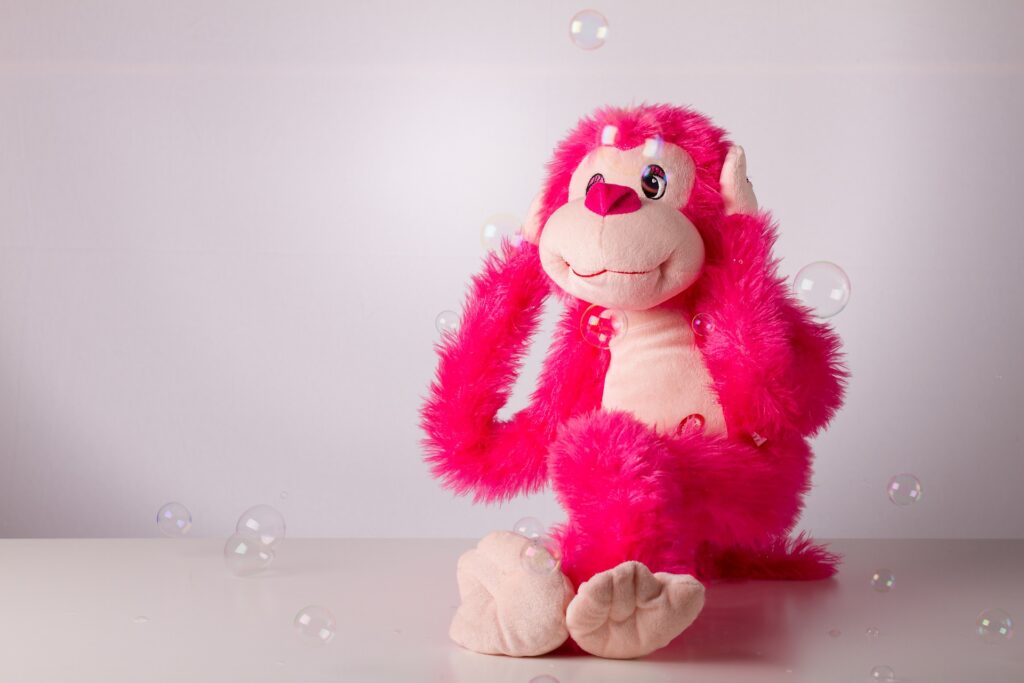Cuddling Promotes the Release of Oxytocin, Bringing Two People Closer Together
I am a hardcore cuddler. My joys when I’m down are always a good hug turned cuddle and it never ceased to amaze me how it can be a quick pick me up for me. But it turns out that I am not the only one who feels this way.
Apparently cuddling promotes the production of the hormone oxytocin. Now, science has already established that this particular hormone is a trigger for love and affection. Discussion about it initially focused on its roles in controlling contractions during childbirth and maternal bonding, bringing people closer together, and inciting physical sexual responses. Further studies have shown that, when oxytocin is flowing freely, it puts us in a peaceful, happy state of mind; it helps us feel emotionally connected to whoever’s the source of that touch.
Apart from that, it also helps us read people better and makes us more generous. Various studies have found that raising oxytocin levels can improve facial reading. In a 2006 study at New York’s Mount Sinai School of Medicine, fifteen autistic volunteers were given either a dose of oxytocin or a placebo and then asked to listen to a voice. Those with oxytocin were better able to decipher the emotion behind the speaker’s tone. In a 2005 University of Zurich study, 178 male volunteers were asked to play an investment game with partners they couldn’t meet. The ones given oxytocin via nasal spray invested more money than the other players did. In previous games that didn’t involve oxytocin at all, the participants gave money only after they saw evidence that the anonymous player was fair-minded.
Oxytocin has also been studied as a way to combat anxiety and as a potential treatment for autism, through results have been mixed.
But then again it’s not just sunshine and rainbows. There is also a darker side to this affection-inducing hormone. It increases jealousy and gloating. At the University of Haifa in Israel, researchers rounded up fifty-six people (who were given oxytocin or a placebo) and asked them to play a game with a fictitious opponent. One of three outcomes occurred: the faux player won more money, lost more money, or came out equal to the volunteers. Those given oxytocin reported higher levels of envy and gloating (schadenfreude) when the first two happened, but not when the outcome was the same.
It also plays an important role in intensifying negative emotional memories and increasing feelings of fear in future stressful situations, according to a new study.
Despite its pros and cons, it’s still good to wrap your arms another person. It releases warm fuzzy feelings. What about you? What do you feel when you cuddle a person? Do you agree with its pros and cons? What can you add to the list? I’d love to hear from you!
References:
- http://www.divinecaroline.com/self/self-discovery/cuddle-hormone-lesser-known-effects-oxytocin
- http://www.scientificamerican.com/article/bonding-hormone/
- http://consumer.healthday.com/mental-health-information-25/behavior-health-news-56/cuddling-may-be-key-to-long-term-happy-relationship-654605.html
- http://www.popsci.com/science/article/2013-07/love-hormone-isnt-anti-anxiety-drug-we-thought-it-was





Responses